Just Tell Me What You Want (1980)
“Belonging to Max Herschel had a lot of advantages: it was fun and first class all the way.”
|
Synopsis: |
|
Genres, Themes, Actors, and Directors:
Review: To that end, Allen seems to get many of the details of this particular universe “right” — most notably in the way everything happens at a faster-than-expected pace, with King autocratically dictating orders left and right, pausing only to break down in temporary tantrums over minor details he can’t control. Indeed, King’s performance is spot-on throughout, indicating unexpected star power. Much more problematic is the key casting of Ali MacGraw as his lover, “Bones” Burton; though she tries hard, MacGraw simply isn’t up to the task of inhabiting this undeniably complex character — a powerful female television executive who is nonetheless content to live as King’s mistress for years on end. As events get more and more complicated and treacherous in their relationship, she begins to exhibit the same forlorn expression far too often (and is shown digging for solace in a pan of homemade fudge at least one too many times). Where’s her bite? It comes in fits and starts (most notably during the infamous Bergdorff-Goodman’s brawl), but is never fully present or believable. Meanwhile, though the poster’s tagline proclaims, “They’re rich. They’re in love. They’re negotiating”, this isn’t quite accurate, given that it’s clearly King who holds the purse strings in the relationship, from beginning to end. In sum, we just don’t learn enough about “Bones” to really “get” her, other than on the most surface level — which makes it twice the shame that her character’s voiceover was chosen to bookend the film, rather than Loy’s (who would have been a MUCH more logical option). Redeeming Qualities and Moments:
Must See? Links: |
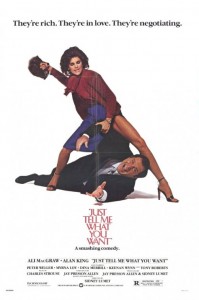

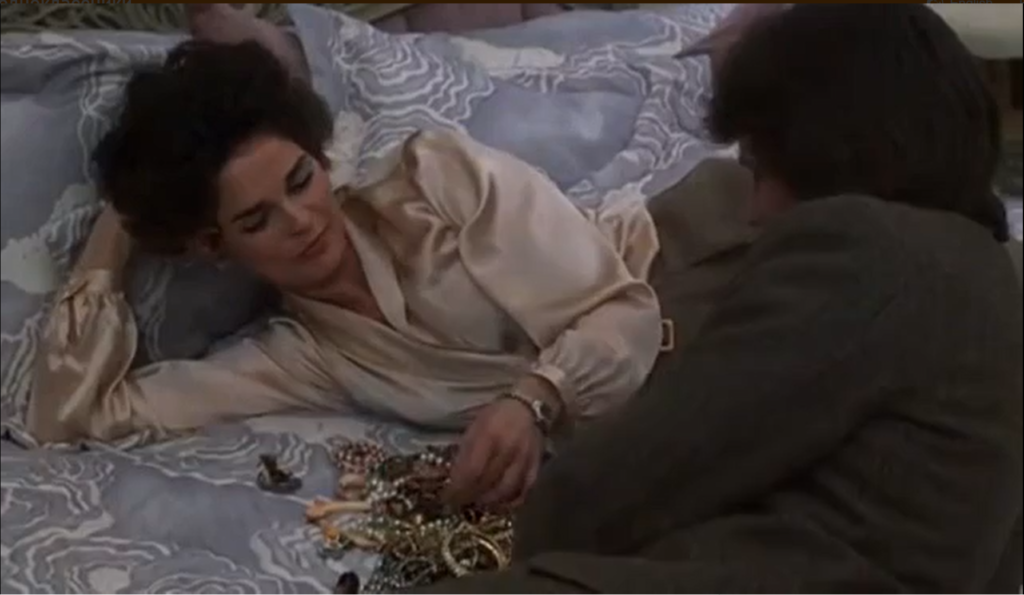
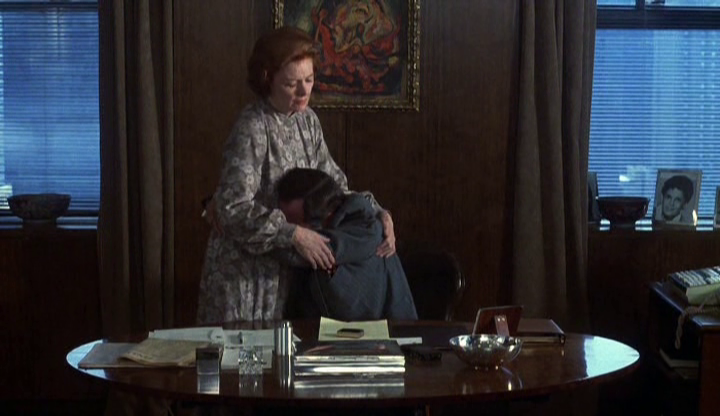
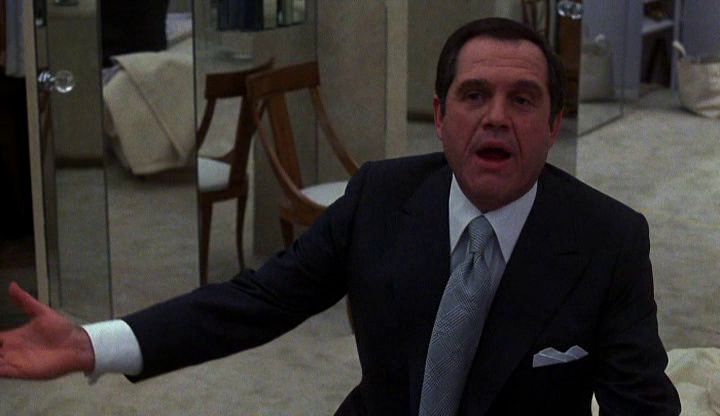
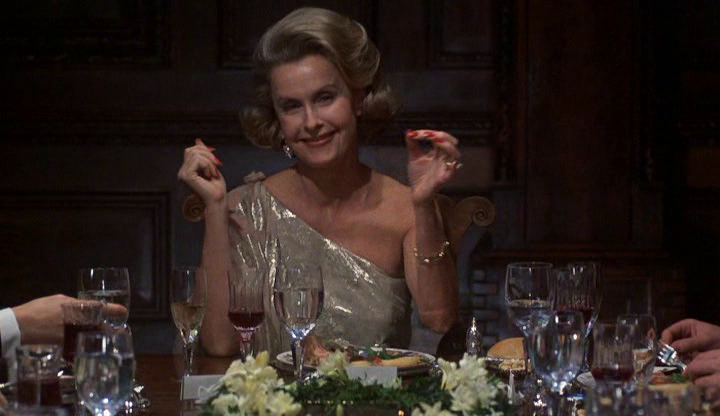
One thought on “Just Tell Me What You Want (1980)”
First viewing. Not must-see. Not maybe-see. This thing is a mess. No wonder it went into oblivion.
It’s two hours long. After 30 minutes, I had to nap. I went back in, forced myself to the one-hour, ten-minute point – then, even though only 20 minutes remained, I had to nap again. The last 20 minutes seemed to go on forever. That doesn’t exactly define an engaging experience.
I’m not even sure where to begin with what makes this movie problematic. But the main hurdle is that it has no established tone. It’s not a drama and it certainly isn’t comedy (there are no laugh lines; zip). It’s not even dramedy. It’s pretty much just a peek into the pointless details of the lives of powerful people.
Undeniably, Allen (a normally dependable writer) has pulled together a unique take on the downside of being in a relationship with someone who can manipulate your every move. But it’s a script comprised more of power moves than people. (Or would that be the point?: when you have too much power, you can simply stop being a person? If it is, it hasn’t been presented in a way that makes it either successfully dramatic or funny. One or the other would have been appreciated.)
Yes, MacGraw is rather awful – she always was, poor thing. (So is Weller, here and elsewhere – so there we have one doomed screen couple.) But even though King is giving his all…he as well as MacGraw are battling more with the script than they are with each other. Although it never becomes confusing (exactly) what’s going on as things progress, it becomes progressively easier to not care.
I’ll tell Lumet what I want: I wanted to care in some way about what was going on. I didn’t.
And poor Myrna Loy! So nice to see her but who the hell dressed her?! She might as well have been wearing ugly wallpaper.
Lumet is such a brilliant director that it’s always distressing watching him out of his element. It’s not hard to recognize the element in the script that attracted him (the inside info about the film industry) – and this film is even better than some of Lumet’s other, real turkeys. Alas, nothing here reveals Lumet being anything more than just on-set.